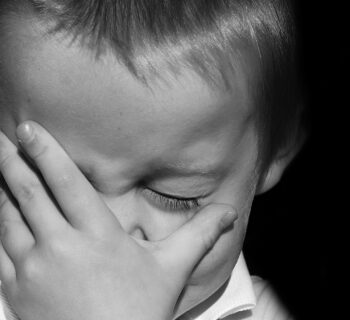 Your child has reached the coveted age of three. By now you have thought about potty training, and maybe even tried it, but at this age, your child has begun to truly understand. This moment marks the start of an experience that every child and parent must endure. Fortunately, you are not the first, nor will you be the last, to embark on the journey of potty training. This means that there are numerous tried and true methods that are worth your time to learn.
Your child has reached the coveted age of three. By now you have thought about potty training, and maybe even tried it, but at this age, your child has begun to truly understand. This moment marks the start of an experience that every child and parent must endure. Fortunately, you are not the first, nor will you be the last, to embark on the journey of potty training. This means that there are numerous tried and true methods that are worth your time to learn.
First, and foremost, the child must be ready. If you introduce your child to the toilet and he is scared or withdrawn, do not force him to try it out. Pushing him into the experience will leave him unsettled and more afraid of the toilet than ever. This is what many parents will face when their child is under three, since that child may or may not understand what the toilet actually does. Some child, however, do potty train young, so look for the moment when they begin to show interest.
Secondly, the more she drinks, the more she pees. This is an obvious deduction, so be careful as to the amount of liquids she drinks in the afternoon. Water after five is a good choice, too. Water will leave the kidneys and bladder quicker than juice and pop, and the body absorbs water for use. Caffeinated beverages will cause the kidneys to hold more liquid, so those types of drinks near bedtime will more often than not lead to bedwetting.
Lastly, having a timer around at the house when potty training is essential. Start out by paying attention as to when the child goes to the bathroom, or wets his diaper, and mark those times on the timer. Also, you can set the timer to go off after twenty minutes past mealtime, for example, if that is when the child normally goes.
As always, bring along a second pair of pants and underpants when going out in public. Never criticize the child for her shortcomings, it is natural for her to take a few months to learn what is necessary. Negative feedback will only cause her to regress and make the overall process longer than it should be. Consider environmental factors as well. If you recently moved, someone passed or a new baby is coming, the child might take longer to learn to use the potty.








